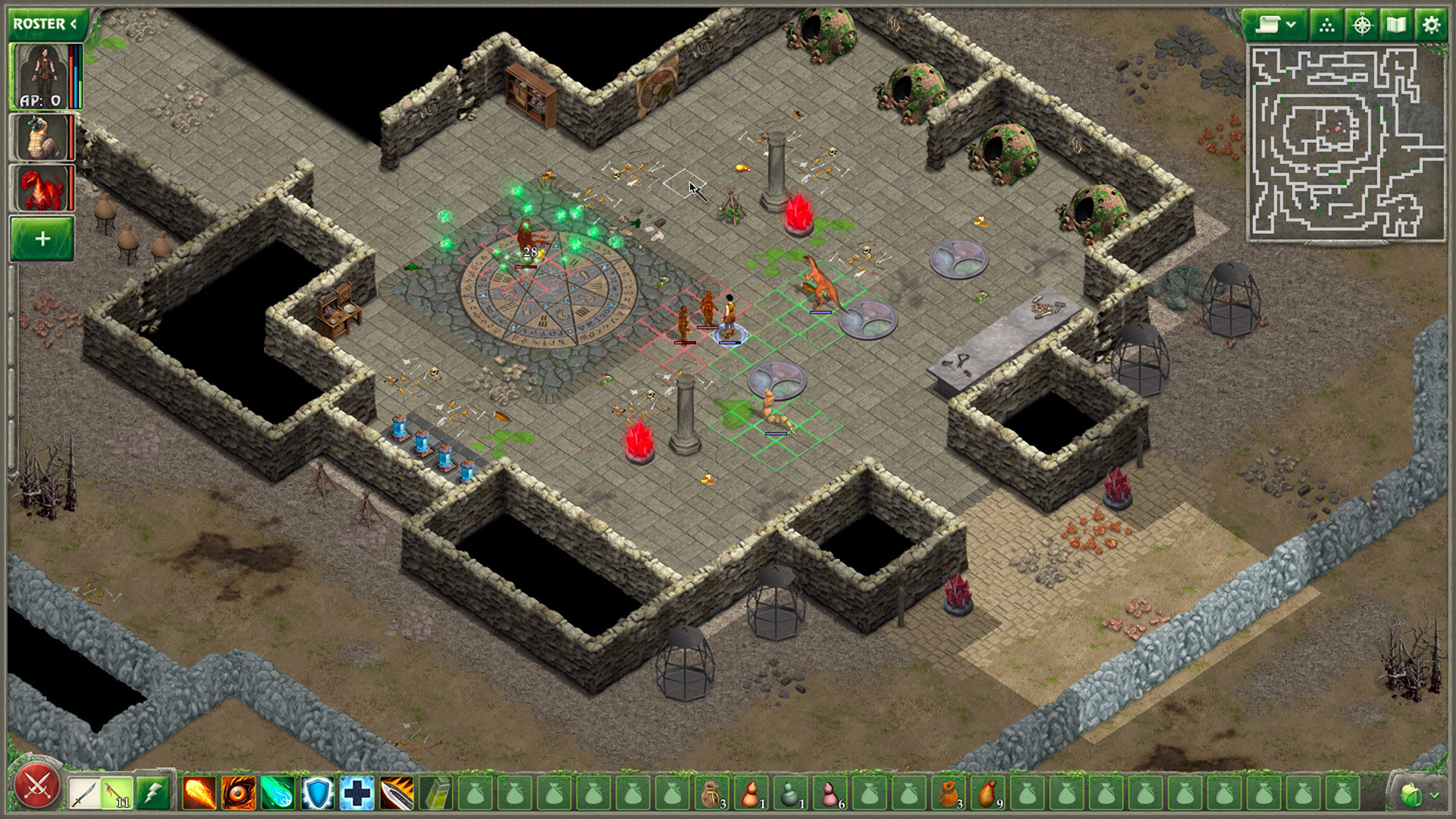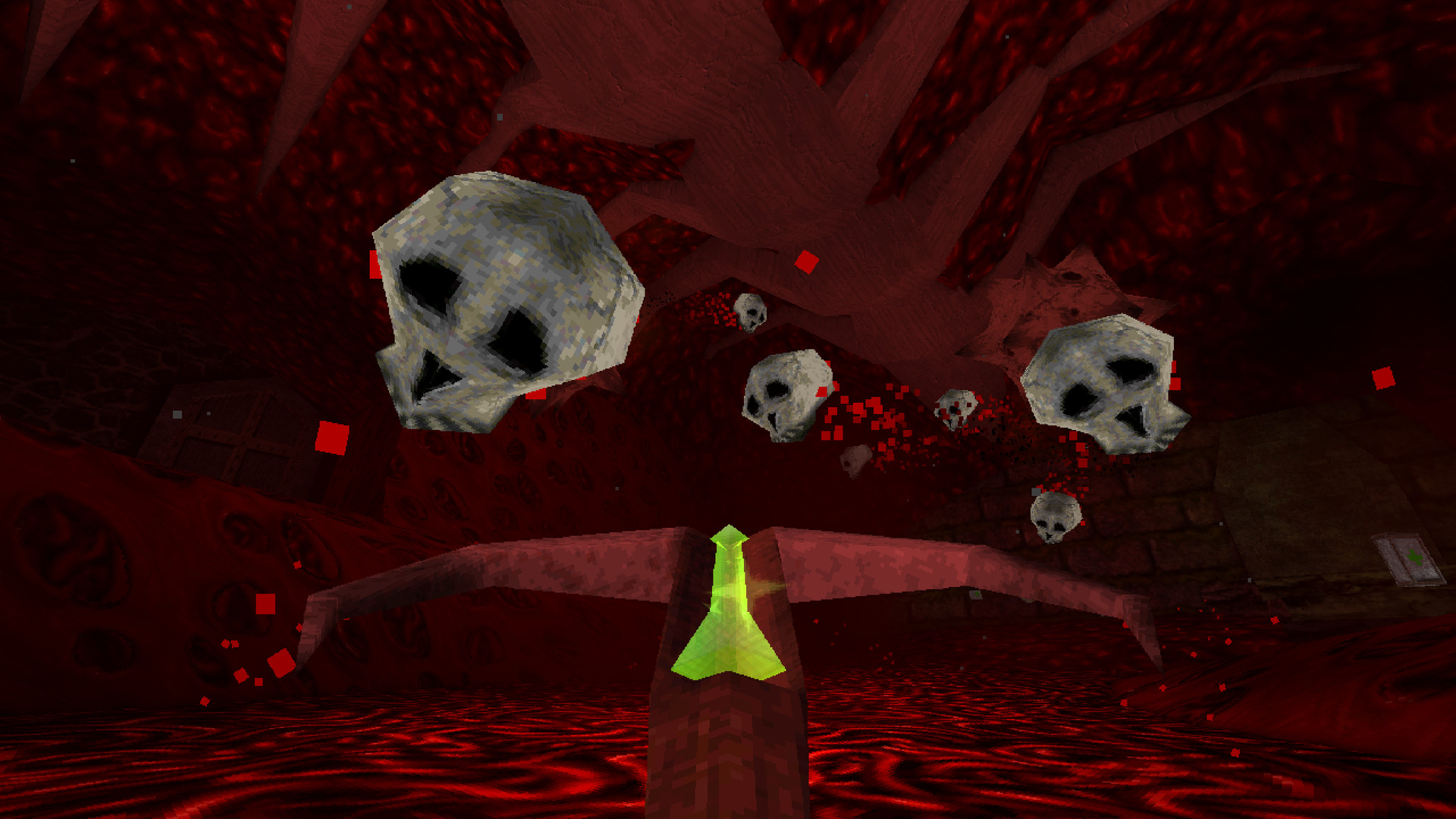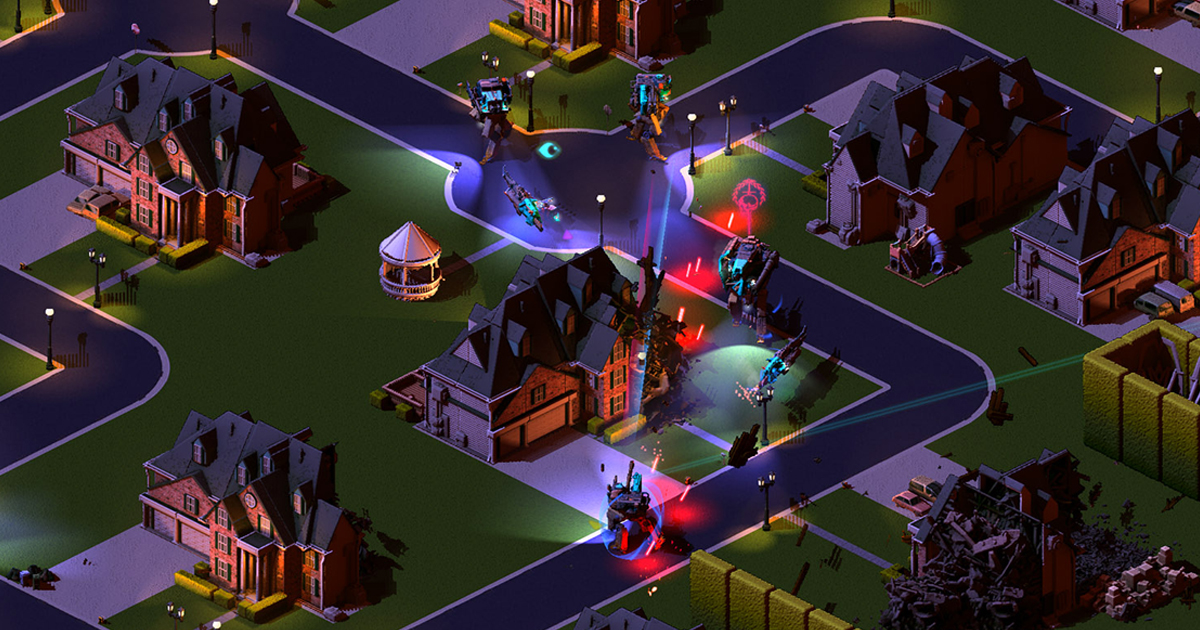Do we need tens of thousands of indie games? Discussion on the creative and economic sides of the issue
There was a discussion among developers about the dominance of indie games, which are released on Steam by the thousands every year. Two polar points of view collided. First, most of these titles are not needed by the market, because they have zero value. The second is that people should not be forbidden to express themselves through creativity and consider games only as a business.
It all started with the post of an experienced developer Jeff Vogel on Twitter. He is known on the indie scene as the head of Spiderweb Software studio, which he founded in 1994. She has made RPG series such as Exile, Avernum, Nethergate and Geneforge.
Vogel began his thread with the statement: “Some people will be very angry with the fact that the world doesn’t really need 10 thousand new indie games released on Steam every year.”
So pointing out the world doesn’t actually need 10000 new indie games a year on Steam will make some people super angry.
Note: that’s almost 300 games a day.
Suggestion: Think I’m wrong? Prove it by going out and actually trying 1% of those games. (Yeah, I didn’t think so.)
— Jeff Vogel (@spiderwebsoft) January 24, 2022
Note: there is an error in this Vogel tweet — we are not talking about 300, but about 30 games released on Steam daily
His post is based on a recent study by VG Insights. According to him, in 2021, over 11 thousand new titles appeared on Steam, most of which are indie projects.
According to Vogel, such a number of new products is simply absurd. “If modern life is so meaningless that you have to spend 20 years creating games that people will never play, and that’s your only motivation in life, go ahead!” he wrote.
Geneforge 1 – Mutagen
Vogel is convinced that there is a big problem in the oversaturation of the market. According to him, any system can withstand only a limited amount of “waste”, and games are no exception. Therefore, indie developers should be honest with themselves and clearly understand that their projects are mostly useless to other people.
Instead, Vogel also advised to pay attention to the real problems of the surrounding world, which will be solved in the near future. In his opinion, it is better to spend limited human resources on something really useful.
In the end, Vogel believes, every person has only one life. Therefore, everyone should have their own goal. If the fruits of your activity do not find any response from people, then it is worth trying to realize your potential in another area.
Vogel’s harsh statement provoked a lively discussion in the comments. Most developers expressed their disagreement with his position.
One of them was the game designer David Szymanski, known for the indie player DUSK. He noticed that before Steam, people also made hundreds of amateur and small games. They were laid out on Newgrounds, YoYoGames, Gamejolt and other sites. And the Valve store just opened its doors to everyone.
Szymanski responded to Vogel’s claims: “If you think games are the problem, I strongly recommend looking at any other creative industry with any form of digital distribution. If indie games were in the same position as music, neither you nor I would make a living from it.”
If you think that gaming has a problem I would strongly encourage you to look into any other creative industry with any form of digital distribution, because they are all much worse. If indie games were in the state music is in, neither you or I would be doing this for a living.
— David Szymanski (@DUSKdev) January 25, 2022
Szymanski stressed that he has always admired Vogel, but this position disappoints him. Such words can simply discourage novice developers from creating games.
Szymanski himself has been developing for about 20 years. Most of his projects were unsuccessful — he just threw them into the open sea of free titles that no one needed. Despite the lack of visible dividends, Szymanski did not stop and continued to do what he likes.
“People don’t engage in creativity just because it benefits,” he concluded.
DUSK
A similar thought was expressed by the popular artist Thomas Feichtmeir, who is also working on the upcoming turn-based strategy Songs of Conquest. He believes that creativity should not be perceived solely as a business and a way of making money. In this case, it is easy to devalue the efforts of the authors.
Vogel objected to Feichtmayer and noted that games do not necessarily have to earn a lot — the main thing is that they bring joy to the players. And with so many titles, most of them do not have at least some value. “In this case, you should think again about what you are spending your time on,” Vogel addressed the developers.
Chris Antoni, an Indonesian developer and founder of the indie studio Toge Productions, also disagrees with Vogel’s position. He noted that among these 10 thousand indie games there are student, experimental and many other titles.
“This gave representatives of various minorities the opportunity to share their stories with the world, earn a living and create jobs,” Anthony said.
In addition, the gaming market is segmented, and therefore everyone just needs to find their niche. Anthony stressed that some people also make games just for the sake of self-expression. And sometimes this activity can be life-saving for them.
Songs of Conquest
Some developers at the same time drew attention to the economic side of the issue. Among them was Hugh Monahan, an artist and co-founder of the indie studio Stellar Jockeys.
He agrees that the gaming market really can’t support ten thousand indie titles coming out every year. However, Monahan stressed that this issue needs to be looked at more broadly. A huge number of these indie games are amateur projects that do not set goals to make money.
Monahan compared this situation to the boom of digital cameras, after which relatively cheap devices for shooting became available to many people for the first time. This allowed them to take photos and videos, expressing themselves in a way that was previously impossible.
The same thing happened with digital cameras and the democratization of filmmaking—there was an *explosion* of creativity (admittedly a lot of it terrible lol) which enabled a lot of people to express themselves in a way that wouldn’t have been possible 20 years prior.
— Hugh Monahan (@HughSJ) January 26, 2022
A similar picture is now observed on YouTube. The vast majority of people who upload videos to the site are just screaming into the void and are unlikely to ever be able to gain an audience. “We ‘don’t need’ such an insane amount of content, but I think it’s cool that it exists,” Monahan said.
In his opinion, this “Pandora’s box” will not close by itself, and the number of games released will only grow. Therefore, the only thing that can be done is to come up with the best ways to search and filter the content that everyone needs.
Illustrator James Kochalka adheres to a similar position: “We will not be able to separate the wheat from the chaff until the grains germinate and we harvest.” He believes that the more people take risks and create, the more bold and interesting projects we will eventually get.
Brigador (Stellar Jockeys game)
The best way to smooth out the corners in this dispute was the developer and game consultant Rami Ismail (Rami Ismail). He noted that Voleg’s initial idea that the world does not need 10 thousand indie games a year is not erroneous.
“I just don’t agree that in this case you shouldn’t make indie games. This only means that you need to be realistic about your goals in game development, as well as manage risks wisely and manage opportunities,” Ismail said.
He separately stressed that there will always be risks — even if you just make a game for the sake of “art” and the process itself. After all, creating any product requires money and time, and under modern capitalism, such a hobby can be expensive.
That said, my point remains: the fact that the world doesn’t *need* 10.000 indie games a year, doesn’t mean you shouldn’t make indie games. You just need to be aware of the context, opportunities, and risks. No matter what you’re making, no matter what goals you have.
— Rami Ismail (رامي) (@tha_rami) January 26, 2022
However, Rémi Verschelde, project manager of the Godot engine, does not agree to consider game development only through the prism of economics. He believes that we have no right to talk about what the world “needs” and what is not. After all, games as an art form are something more than just a business.
“Many of these games are just amateur projects. If people want to develop instead of watching TV shows, then why not? Not all human activity has to be productive,” Verschelde stressed.



